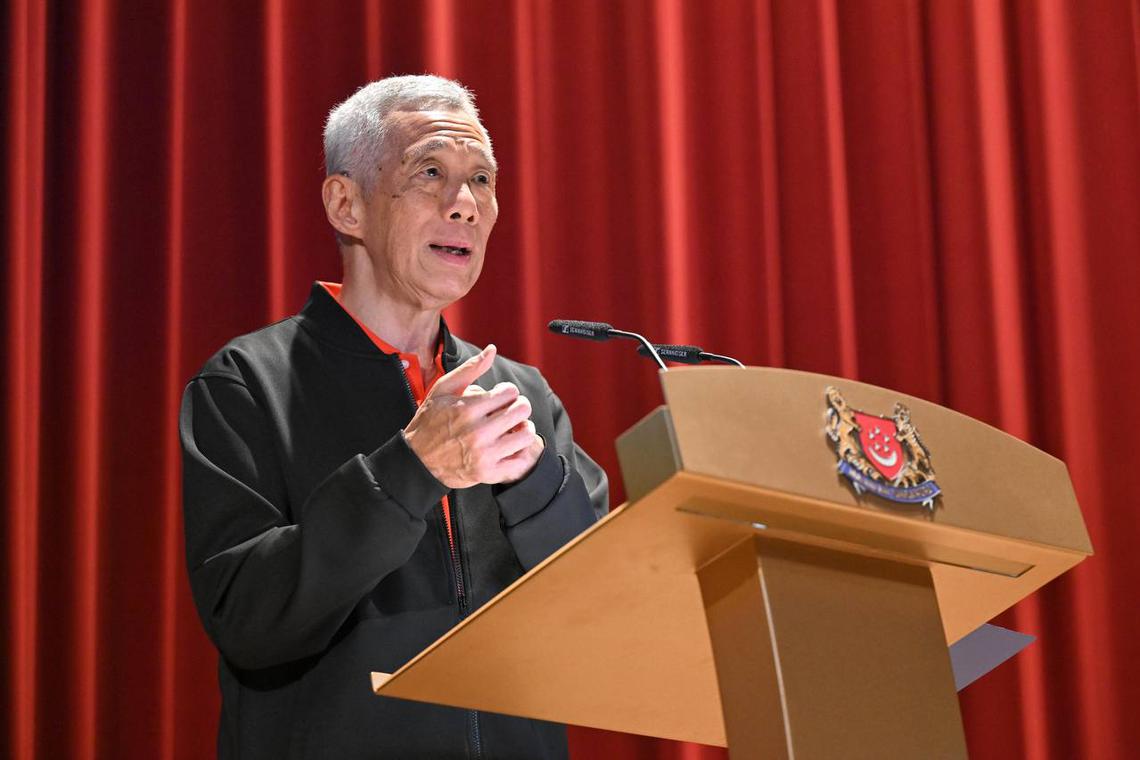Uncharted Waters: Singapore Faces Unprecedented Global Uncertainty, Warns Senior Minister

Senior Minister Lee Hsien Loong warns that the global economic landscape is set to experience prolonged uncertainty, primarily driven by the ongoing trade tensions and tariffs imposed by the United States. In a candid assessment of the current geopolitical climate, Lee suggests that the ripple effects of these trade disputes are likely to persist for an extended period, potentially reshaping international economic relationships.
The trade tensions, which have created significant disruptions in global supply chains and international commerce, are expected to have far-reaching consequences for economies worldwide. Lee's statement underscores the complexity and potential long-term impact of the current trade conflicts, signaling a challenging period of economic adaptation and strategic realignment for many nations.
